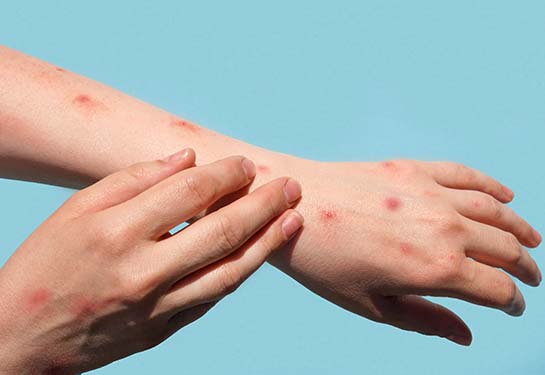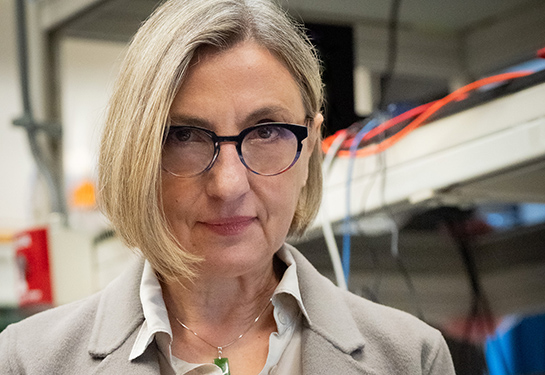What to do if you think you have mpox, formerly known as monkeypox
Mpox, formerly known as monkeypox, is a viral disease that can be spread between people or between people and certain animals.
The World Health Organization (WHO) recently declared a public health emergency of international concern, due to the rapid spread of mpox Clade 1 – one of two types of monkeypox virus – mainly in Africa.
What to do if you think you have monkeypox
If you are concerned about a possible mpox exposure through travel, UC Davis Health is recommending patients contact their primary care physician’s office and ask to speak to an advice nurse. The advice nurse can provide guidance on how to obtain further evaluation and assist with scheduling a test if needed.
Patients who do not have a UC Davis Health primary care provider should visit a local county clinic or a community-based urgent care location.
In most cases, mpox is not a medical emergency, so patients do not need to go to the emergency department. Evaluation to determine if mpox testing is needed can be scheduled by contacting a primary care physician’s office or via urgent care clinics, usually as same day appointments.
Symptoms
Mpox might start with symptoms like the flu, with fever, low energy, swollen lymph nodes, and general body aches. Within one to three days (sometimes longer) after the appearance of fever, the person can develop a rash or sores. The sores will go through several stages, including scabs, before healing.
Unusual rashes can be evaluated via video, or by sending a photo. UC Davis Health patients can send a photo of the lesion to their primary care provider through the secure health care mobile app to learn if they should get tested.
Transmission
Mpox is transmitted through close person-to-person contact with lesions, body fluids and respiratory droplets, and through contaminated materials such as clothing or bedding.
Vaccinations
UC Davis Health has a mpox vaccine clinic, with vaccinations available for patients, staff, faculty, and students who are most at risk for infection.
To receive a mpox vaccine, UC Davis Health patients, students, faculty or staff should first contact their UC Davis Health primary care physician or schedule an Express Care visit to receive medical approval. With confirmed eligibility of high risk, they can then schedule a mpox vaccine appointment in the clinic.
Community members who do not have a UC Davis Health primary care provider should visit a local Sacramento County clinic for vaccination.
Learn More
To learn more about mpox read this newly updated FAQ featuring Dean Blumberg, chief of pediatric infectious diseases at UC Davis Children’s Hospital. He answers frequently asked questions about this disease, what we know about the mpox Clade 1 strain and how to protect yourself and your family.






